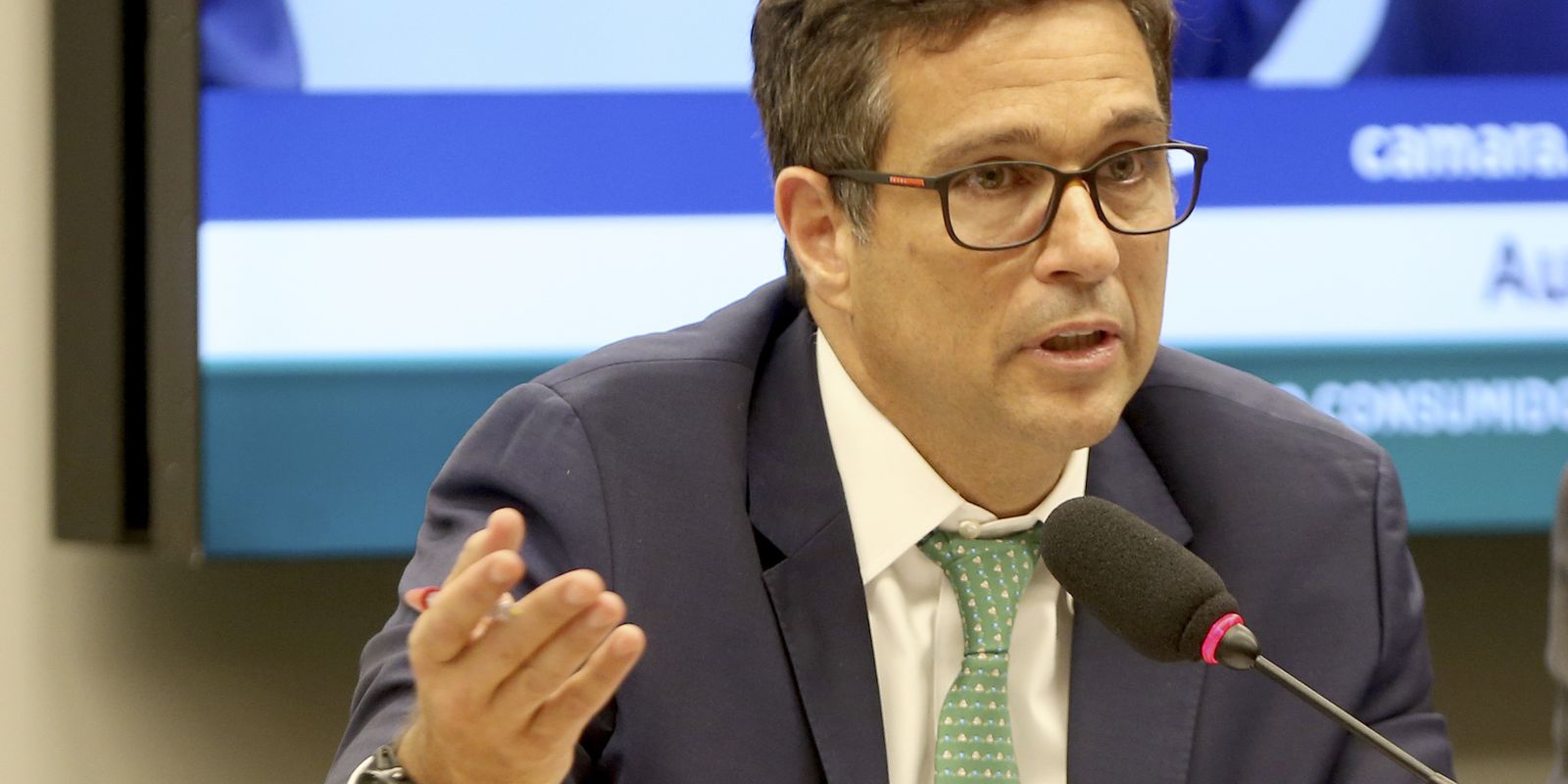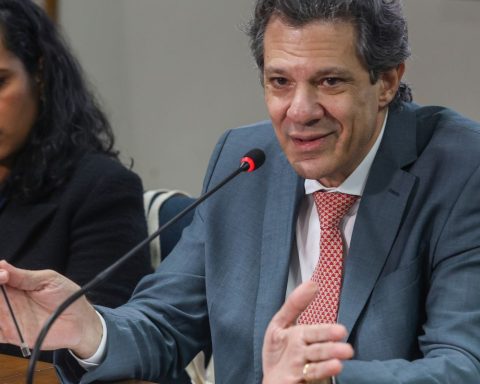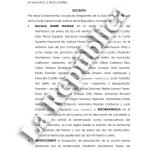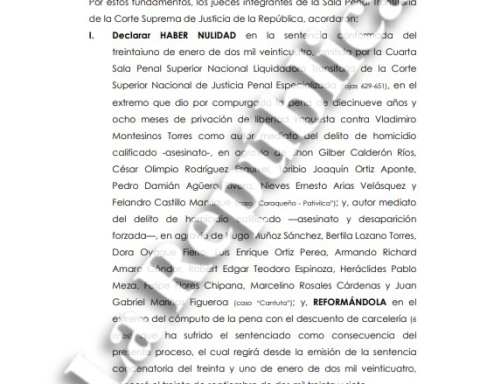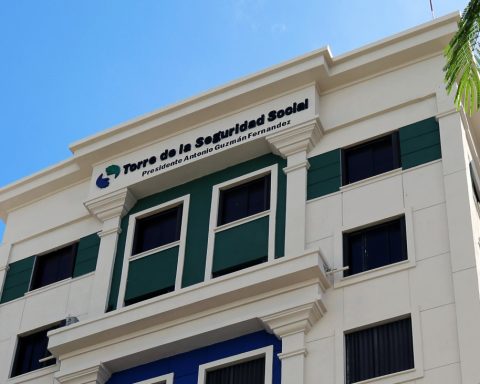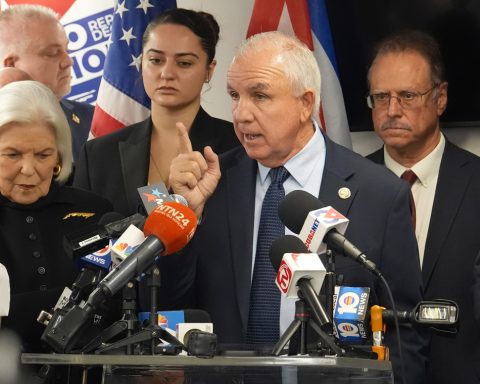The president of the Central Bank, Roberto Campos Neto, said today (15) that inflation in Brazil is “quite high”, but he sees signs of stabilization. He made a presentation at an event online organized by the Millennium Institute.
According to Campos Neto, the effects of the federal government’s measures to contain electricity and fuel prices were perceived. However, in the service sector prices are still rising. “We see administered prices falling, a little because of the measures. But services is still going up. It looks like it’s stabilizing a bit. Services is super important for the dynamics of inflation,” he pointed out.
In July, the Extended National Consumer Price Index (IPCA) presented deflation of 0.68%, the lowest rate in the historical series, which began in 1980. In the accumulated result for the year, the index measured by the Brazilian Institute of Geography and Statistics (IBGE ) stood at 4.77% and at 12 months at 10.07%.
The president of the Central Bank also highlighted that inflation in the country is mainly a reflection of the international scenario. “We understood that this global inflation was going to contaminate Brazil. We had some that were particular to Brazil, such as the water crisis and some food inflationary processes that were intense in Brazil, which managed to worsen the food part”, he said.
According to Campos Neto, one of the factors that led to the general increase in prices was the growth in demand for various products beyond the production capacity of the moment. “When we thought the bottleneck was happening by supply, we saw that no, it was happening by demand”, he said.
However, according to Campos Neto, the production chains have already adjusted to the new level of demand. “There was a big adjustment in production on some things. Semiconductors, for example, adjusted production a lot”, he said in reference to the missing components that caused great difficulties to various industrial segments, such as car makers.
For next year, the president of the Central Bank said that it is necessary to assess the impact of actions that reduced revenue or increased government spending. “There is concern about the [política] next year, for the continuity of the measures that were recently announced, how this will fit”.
